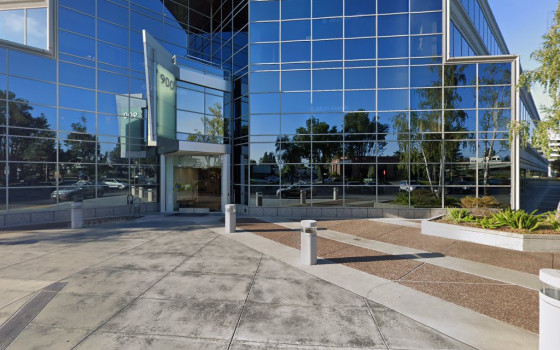
Leal Financial Planning
Reviews Summary
About This Listing
Who Can Work with a CPA?
*Note: CPAs may specialize in different areas. Be sure to check credentials and service offerings.*
First-Time Clients
If this is your first time working with a CPA, don’t worry — most professionals offer a free consultation and will walk you through what to expect. You may be asked to complete an intake form, share financial documents, or set clear goals for your session.
What to Know Upfront:
*Note: Every CPA operates a bit differently. Don’t hesitate to ask questions before committing.*
What to Bring
*Tip: Organize your documents in advance to save time and ensure accuracy.*
Preparing for Your Appointment
*Note: Preparation helps you make the most of your CPA’s expertise.*
How to Get Started
Other Helpful Info
*Note: Every CPA is different — take time to find one who fits your goals and style.*
Contact Information
Address
900 E Hamilton Ave #100
Campbell, California 95008
Phone
+1 408-679-3354Hours
Customer Reviews
I first went to see Karl as i approached retirement, more than 5 years ago. I had no idea how to manage the money i had accumulated in my retirement 403B, how long it might last, nor how to budget in retirement. SO so glad i found him. He is independent and does NOT work on commission. He gives straight forward and transparent information and advise. Great explanations. The advice has paid off. Importantly, Karl is also a professional, good and honest guy. Very smart and i truly trust him. As i told him yes
It took me a long time to find the right person but it was well worth the wait. If you are looking for a knowledgeable, trust worthy, fee-based, financial adviser, look no further. Karl (Leal Financial Planning) was a pleasure to work with. He has fiduciary responsibility and acts in YOUR best interests. He is not compensated to sell you on specific investments. Karl, helped us sort through our assets and developed a comprehensive investment approach that aligned with our retirement plans. We are no l
I worked with Karl a few years ago to vet and improve the structure of my finances, for now and for retirement. Our interactions were always cordial, professional, and most importantly enlightening. I was glad to be able to take what he taught me and implement it myself rather than simply hitch my wagon to someone else who just sees me as a ticket to 1% fees forever. By now things have changed, and its time for me to do some rearchitecting of my finances. You bet I'm going back to speak with Karl.